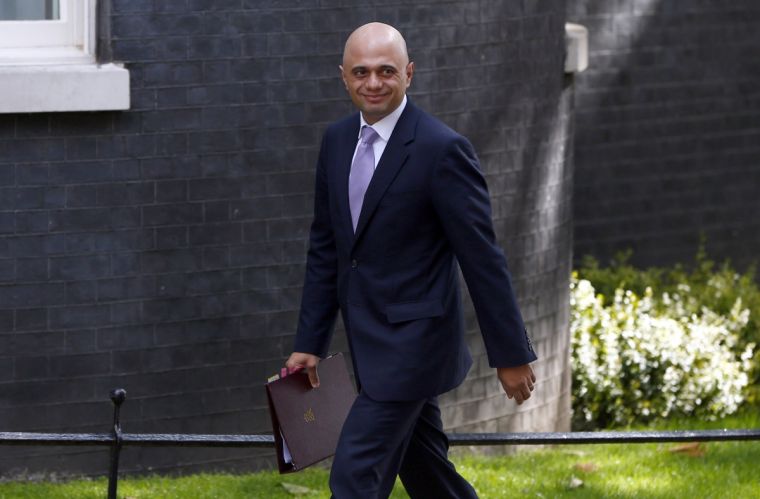How can Sajid Javid end the 'hostile environment' for immigrants? The Quakers have some ideas
Last year in the course of a contract for the Quakers I traveled across Britain, meeting with people and communities each doing what they could to welcome people to the country. Some of the initiatives had been set up since the peak of refugee flows to Europe in 2015, but others were much more longstanding and many of them had been active for decades.

Despite the seriousness of the issue, it was in many ways an inspiring experience to meet hundreds of people quietly working in different ways to act in solidarity with refugees and migrants. It was a continuation of a tradition reaching back to when some of the earliest Quakers were themselves forced to flee persecution, and a practical honouring of the core Quaker belief that there is something of God within everyone.
While the circumstances varied with each locality, again and again the same message kept coming back: that things were getting worse due to the policies of the 'hostile environment'. Many of these problems flowed from the Immigration Acts of 2014 and 2016, but the approach encompasses more than legislation.
For example, as home secretary Theresa May made 45,000 changes to immigration rules. Sometimes these only came to light when newcomers and their supporters came up against them.
Quakers came up with a statement – agreed nationally in December 2017 – that begins with the same observation that is now making headline news: 'the government's creation of a "hostile environment"|is increasingly embedding policies of discrimination into the practices of the British state.'
What follows it is a six-point plan, which if followed would provide a framework for how the new home secretary Sajid Javid could begin to signal the end of the this hostile environment and replace it with a culture of sanctuary.
Sanctuary Everywhere Manifesto
1. Human rights standards for all should be the foundation on which any national policy or international agreement on migration is founded, and these include the right to work, to learn, to housing, to medical care and to security in the event of adverse circumstances beyond personal control.
2. We will campaign for change to the asylum process so that it is built on a culture of compassion and practical response, rather than starting from an assumption of disbelief.
3. Within the UK system of immigration detention is institutional violence and discrimination. We oppose indefinite detention, which we believe neither right nor necessary, and will work towards the closure of all detention centres. Other more humane policies are more effective and should be introduced.
4. Our belief in every human being's equality leads us to oppose unjust deportations and removals, whether to the EU or to the wider world.
5. The humanitarian risks of trafficking and unsafe passage lead us to work for new, peaceful, safer routes of migration including the introduction of humanitarian visas and improved rules for family reunion.
6. To ourselves and wider society, we reaffirm our determination to acknowledge and dismantle discrimination in all of its forms, wherever it is to be found.
Tim Gee is a member of the Quaker Asylum and Refugee Network (www.qarn.org.uk ). For more on the Quaker Sanctuary Everywhere Programme visit www.quaker.org.uk/sanctuary











